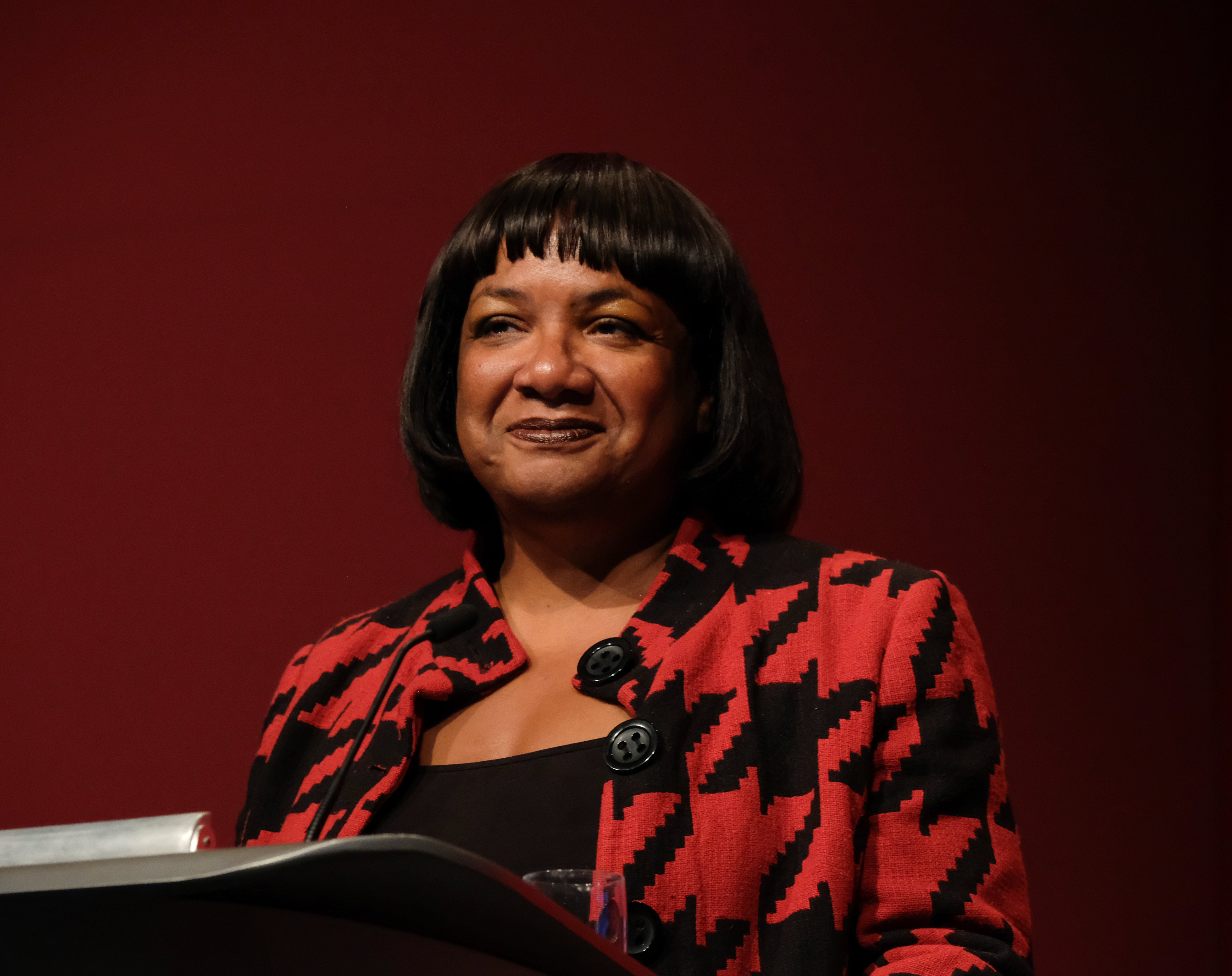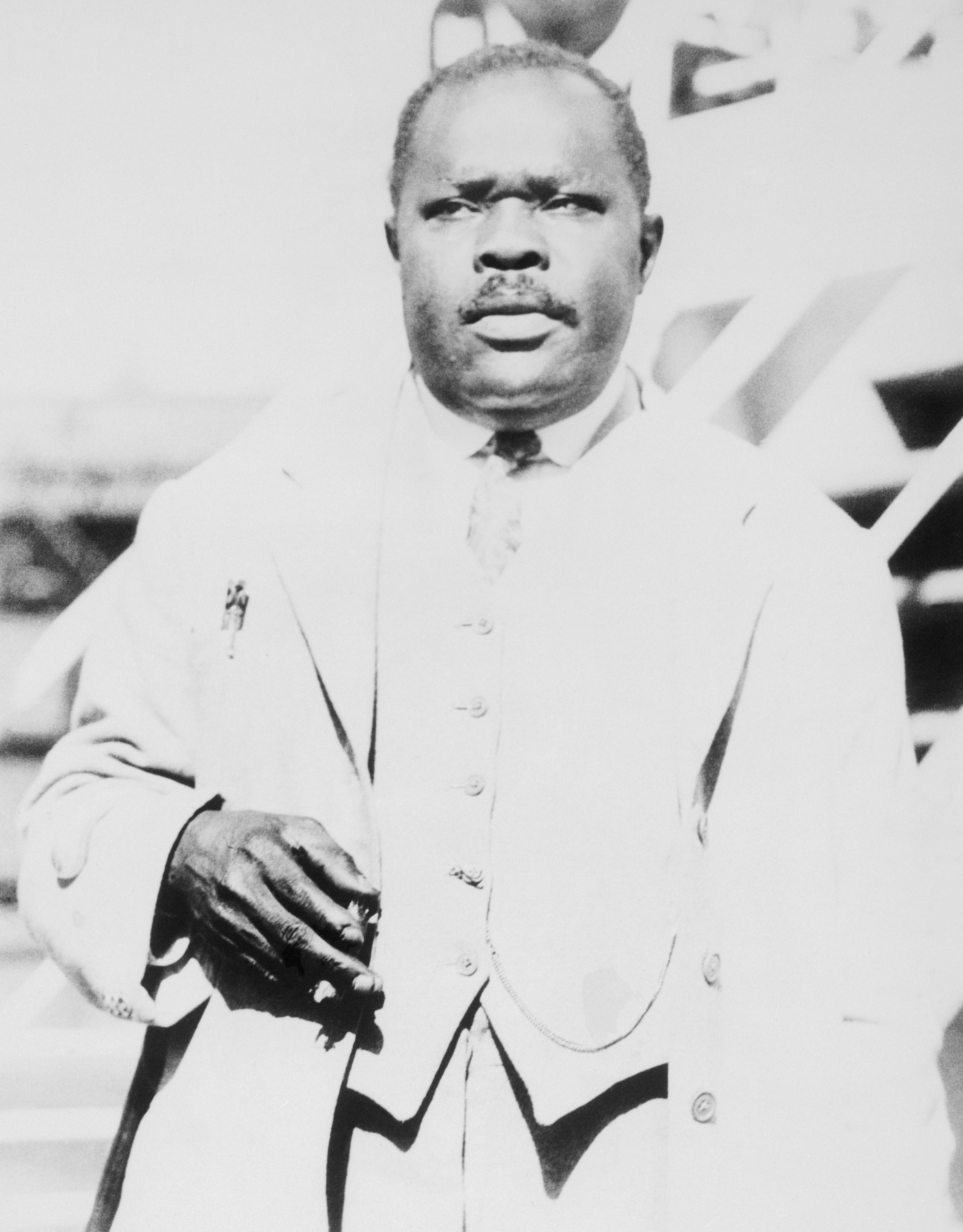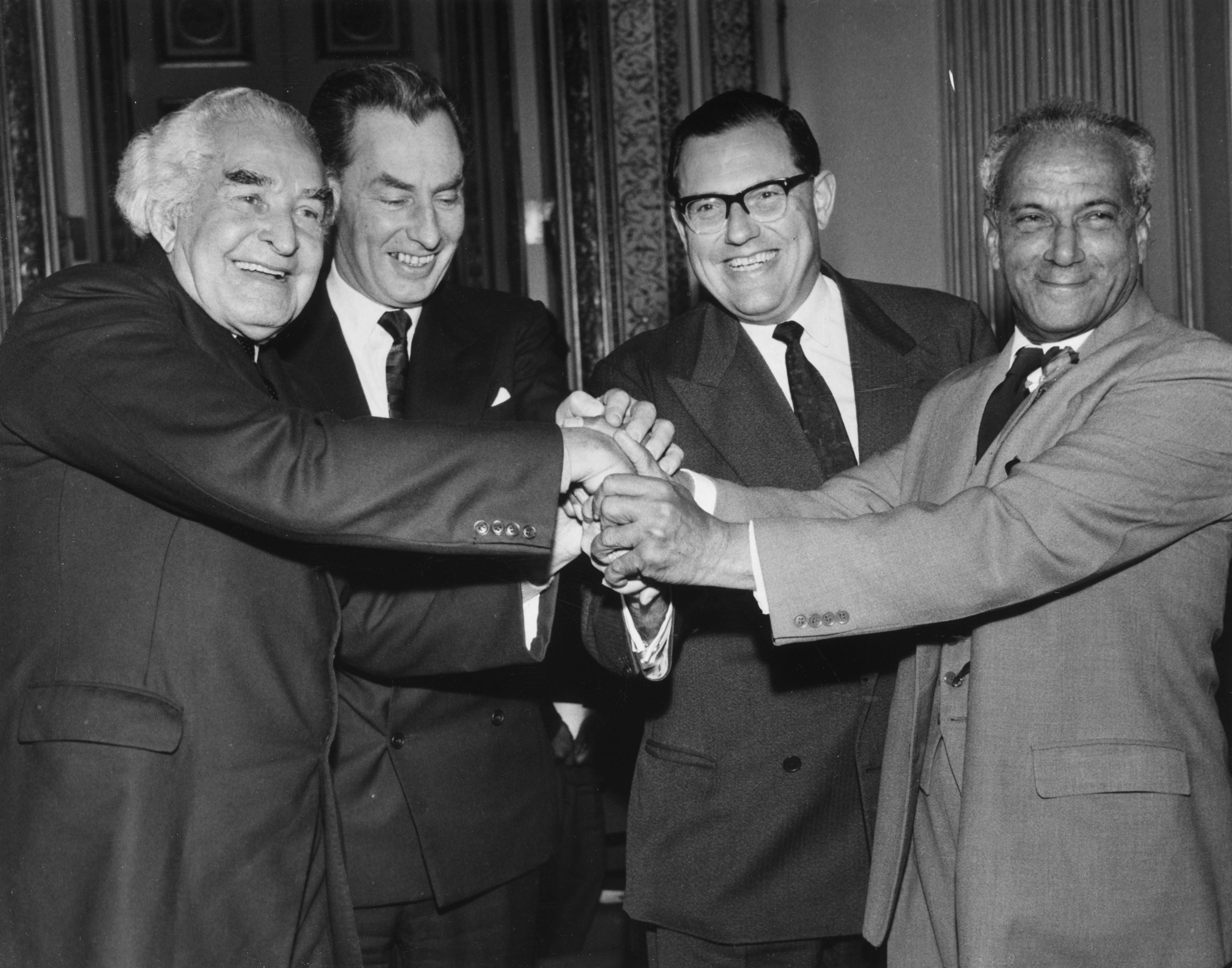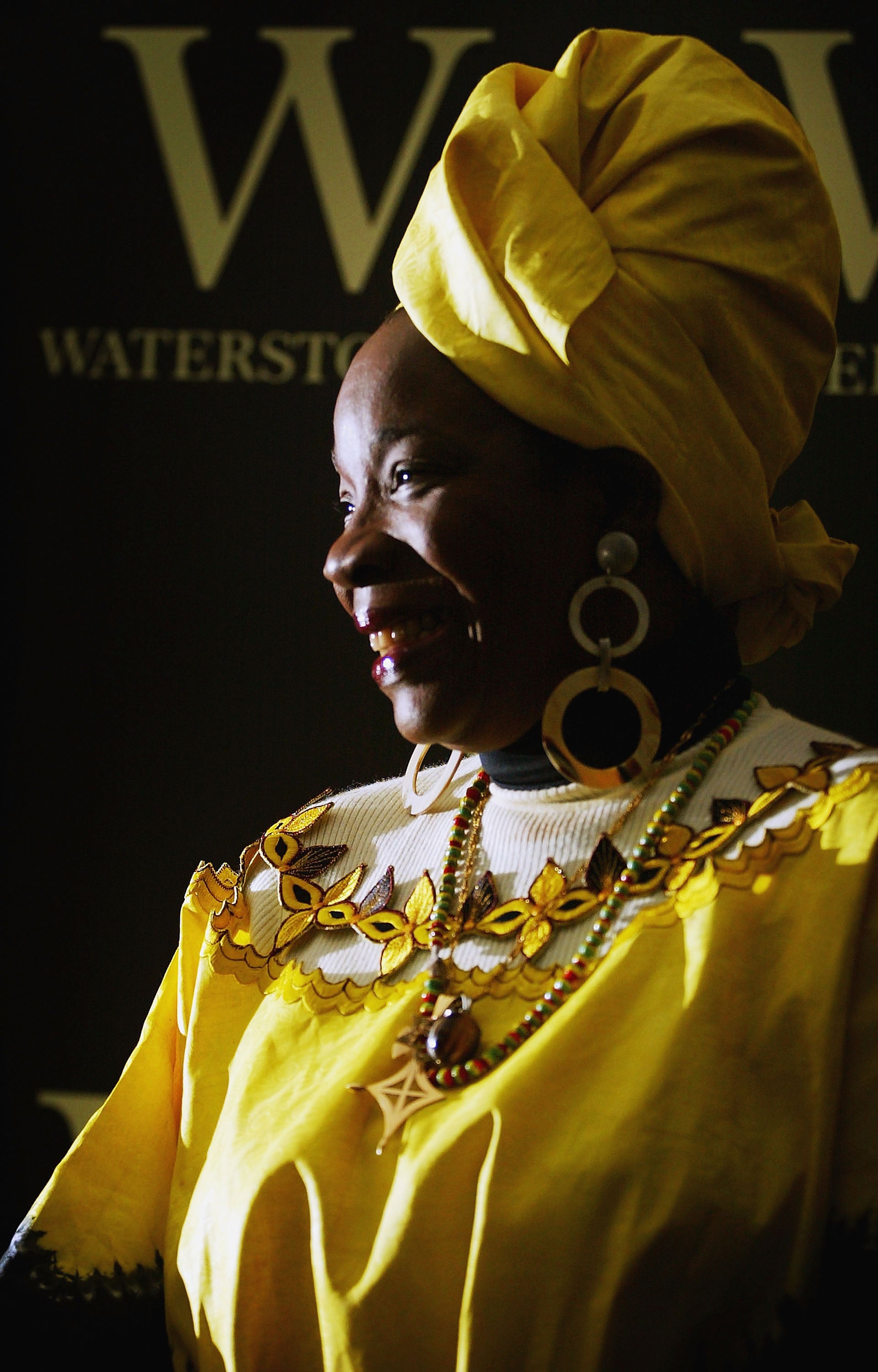Rarely-seen photos of key Black history moments made free for first time
For many Black content creators, historians and activists, access to archival images has always been inaccessible due to costly expenses attached to the material

Your support helps us to tell the story
From reproductive rights to climate change to Big Tech, The Independent is on the ground when the story is developing. Whether it's investigating the financials of Elon Musk's pro-Trump PAC or producing our latest documentary, 'The A Word', which shines a light on the American women fighting for reproductive rights, we know how important it is to parse out the facts from the messaging.
At such a critical moment in US history, we need reporters on the ground. Your donation allows us to keep sending journalists to speak to both sides of the story.
The Independent is trusted by Americans across the entire political spectrum. And unlike many other quality news outlets, we choose not to lock Americans out of our reporting and analysis with paywalls. We believe quality journalism should be available to everyone, paid for by those who can afford it.
Your support makes all the difference.Rarely-seen photographs of key moments in Black history will be made available for free for the first time by Getty Images.
The collection, Black History & Culture Collection (BHCC), aims to grant access to images from the US and UK to educators, academics, researchers, and content creators, enabling them to tell untold stories about Black history and culture.
Available for projects focused on education around the histories and cultures of the African/Black diaspora, the archives dating back to the 1800s and consist of tens of thousands of images.
For many Black content creators, historians and activists, access to archival images has always been inaccessible due to costly expenses attached to the material.
Getty, which holds over 477 million images in its bank, has teamed up with a number of UK non-profit organisations to help amplify their work by providing them with some of this content including the Nubian Jak Community Trust (NJCT), a commemorative plaque and sculpture scheme that highlights the historic contributions of Black people in Britain.
“The imagery helps brings to life the personalities that we are celebrating as part of our common heritage,” the trust’s founder Jak Beula told The Independent. “It’s outstanding and we look forward to bringing to the fore some of these images through more plaques across the UK.”



“Getty Images is committed to making this historical content accessible to ensure a more authentic representation of world history and drive more meaningful dialogue,” said Cassandra Illidge, vice president of partnerships at Getty Images.
“This collection was curated in partnership with a roster of prestigious historians and educators with the goal of providing unfettered access to historical and contemporary imagery which will help content creators who have been seeking an inclusive visualisation of history.”

“This resource is quite fantastic. There is no other such resource with 30,000 images going back over 100 years covering so vast an area of Black History,” Tony Warner, Black History Walks (UK) said.

Pamela Franklin, of Caribbean Social Forum in the UK, said: “The Black History & Culture Collection is paramount to the continuous development of our dementia flashcards that we use to generate conversations between members, family and friends who are at the early stages of dementia.

“The Caribbean consists of 28+ islands all with their own personality therefore the resources include not only generic information but facts that are unique to each Island. We included images of flags, food, music, household items that related to the Caribbean and images from their time in the United Kingdom.

“Getty Images opened up wider opportunities to include experiences that the Windrush generation faced, such as the political scene, community spaces, living and working conditions and news items.”
Join our commenting forum
Join thought-provoking conversations, follow other Independent readers and see their replies
Comments